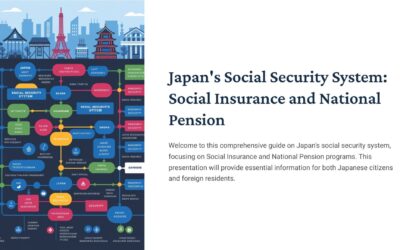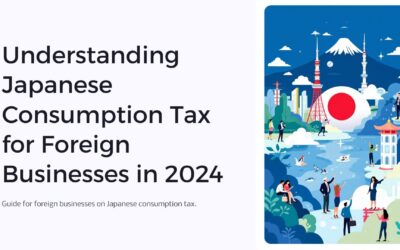Here, we’re diving deep into the world of “Home Expense Allocation.” This topic is especially relevant for those who have transformed a corner of their home into an office, mainly solo workers. Navigating home expense allocation can be a maze, a frequent subject in tax audits. So, let’s unravel this together and ensure you’re on the right track.
Understanding Home Expense Allocation
Home Expense Allocation is a legal concept tailored for those declaring business income. At its core, it determines the necessary expenses that can be claimed based on the home expense allocation rate.
Take utilities, for example. If your home doubles as your office, you use electricity for work (like powering your computer) and daily living. If your monthly electricity bill is JPY5000, how do you determine the business portion of that? This is where the home expense allocation rate comes into play.
The primary principle is that the central portion necessary for business operations becomes a home expense allocation. It might sound complex, but it’s essential if an expense is crucial for your business.
Legal Stipulations and Exceptions
By law, it’s deemed necessary if more than 50% of an expense is used for business. However, there are exceptions. During the final tax return, even if the usage is less than 50%, it can still be considered a necessary expense. This is especially true for those declaring a blue return. It’s an essential expense if everything is correctly documented in the account books.
For those declaring a white return, including necessary expenses is possible even if they’re less than 50%. This isn’t legally defined but is determined by the National Tax Agency’s internal rules. The key is to provide proof. If you demonstrate that the necessary part is significant, it can be included as an essential expense.
Rent and Utilities: A Deeper Dive
Rent is often a significant part of allocation calculations. If you live and work in the same space, only the portion used for work can be considered a business expense. For instance, if you have an 8.2 square meter workspace in a 50 square meter property, about 16.4% of your rent can be considered an office expense.
Electricity expenses can be calculated in various ways. One method is to consider the number of hours you work at home. For instance, working 8 hours a day for 21 days a month might take up about 35% of your total activity time.
Water and gas bills can be trickier. While you might use more water when working from home, can you justify it as a necessary business expense? It’s essential to differentiate between increased usage due to work and regular home activities.
Vehicle Expenses
For those who use their vehicles for business, gasoline costs can be apportioned based on mileage or the number of days you drive for work. The method you choose will depend on the nature of your job.
Wrapping Up
Today, we’ve touched upon the basics of home expense allocation and provided some practical examples. Understanding these nuances becomes even more critical as the work-from-home trend continues to rise. Always remember to consult with your accountant for personalized advice. Until next time, happy accounting!




